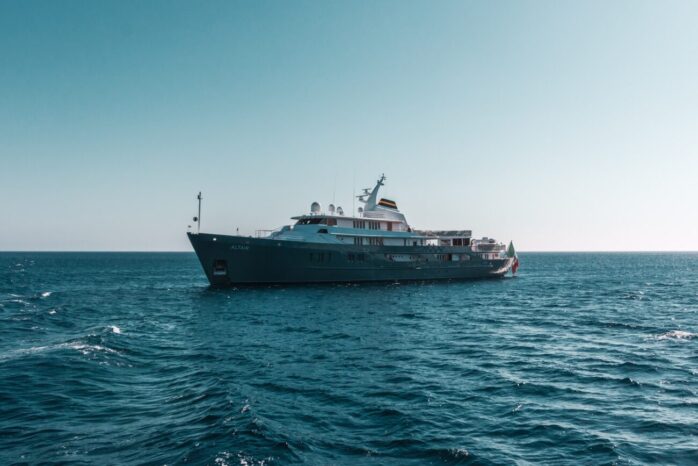
For millennia, ocean-going vessels have been a vital component of the global economy. However, in the last decade, the maritime sector has undergone an enormous transformation from smaller boats to larger vessels such as cargo ships. This need to innovate, advance and meet consumer demands has driven an increasing reliance on high-carbon fossil fuels. Currently, the majority of solutions being utilised to address rising emissions are focused on electricity usage and onboard energy systems. As the maritime industry looks for more sustainable practices and processes both at sea and in port, the answer may lie in modern energy management.
It comes as no surprise that ocean-going vessels can come with massive uncertainty. The maritime industry is currently facing an enormous generation challenge – to go green and implement more environmentally sustainable processes and practices, in the face of strict regulations, an unpredictable economic climate and technological uncertainty. Energy management may be the spark that ignites change across the sector.
So what is energy management? And how could it spark change in the maritime industry?
What is energy management?
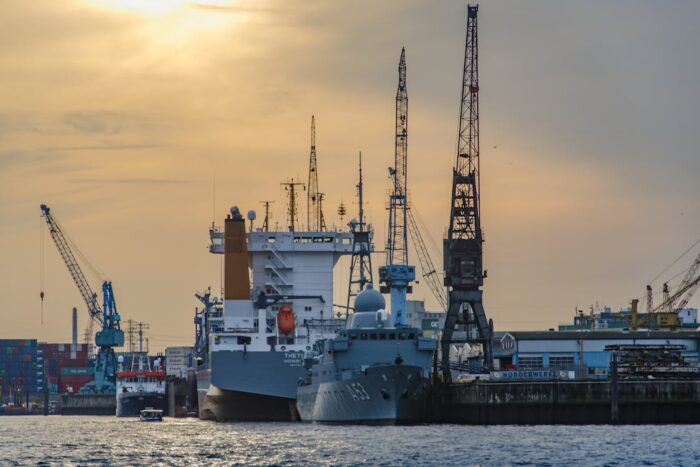
Energy management is the planning, implementation, operation and control of energy consumption, production, distribution and storage. By using energy management in their operations, large and small businesses alike can monitor, control, optimise and ultimately conserve energy for the purpose of implementing a more environmentally sustainable approach to daily practices and processes.
Although the concept of energy management is approached in a number of different ways across different sectors and industries, the process typically involves…
- Measuring energy consumption and collecting the data for analysis
- Identifying energy-saving possibilities and calculating potential energy savings
- Finding and quantifying routine energy waste
- Replacing older-style equipment and infrastructure
- Retrofitting or refitting infrastructure with more sustainable components
- Improving thermal insulation for the purpose of boosting energy efficiency
- Identifying energy-saving opportunities and acting upon them
- Analysing data to monitor progress and gauge the success of energy-saving initiatives
Marine energy management in the maritime industry
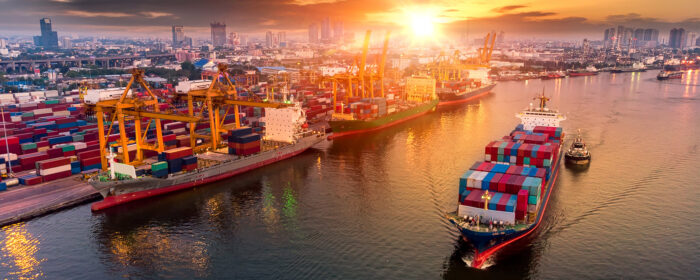
As the name suggests, marine energy management is the implementation of systematic practices, processes and methods for the purpose of measuring and analysing the energy use of ocean-going vessels. These days, it’s used across the maritime sector and is commonly used in ship management processes as well as other important services such as shipping and transportation.
Marine energy management can be applied onshore at a port with data analysis and other practices. However, it is most often used on board operating vessels through measuring devices, monitoring systems and decision-support systems.
Due to the number of interrelated systems and infrastructure on board vessels as well as the hazardous environments they often operate in, the implementation of energy management in the maritime industry can present more of a challenge than in other sectors. Unpredictable weather as well as the logistics present within the industry, such as those involved in global cargo transportation, can also have an impact. The answer to more efficient energy management within the sector may lie in condition monitoring, fuel analysis and zero-carbon shipping.
How could energy management transform the maritime industry?
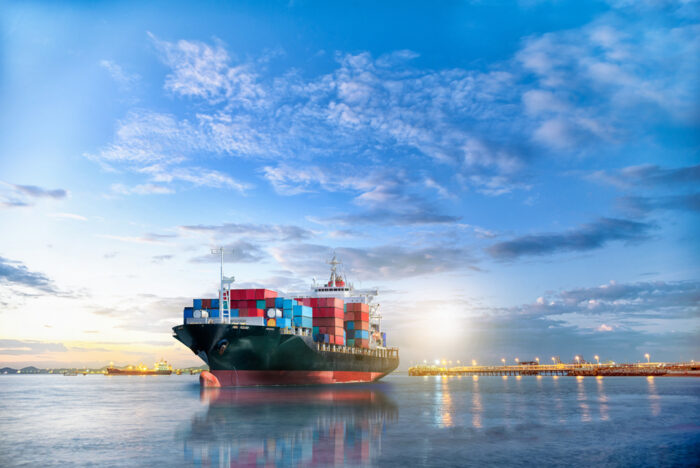
These days, a number of global industries are looking to become cleaner, greener and more energy efficient – and the maritime sector is no exception. Although challenging, marine energy management could transform the industry with improved energy efficiency, less reliance on high-carbon fossil fuels and a decrease in harmful emissions.
Currently, developing carbon-free fuels for the world’s ocean-going vessels presents an enormous challenge. Zero carbon vessels require years more of development, as well as the use of incentives and restrictions to encourage owners/operators away from carbon-intensive fuels. This is because, at present, the alternative fuels available are far more expensive than traditional options. The maritime sector also carries 90% of the world’s trade and is a major player in the global economy. As a result, simply hitting the stop button on the sector would cause a global catastrophe and is not a viable option.
This is where marine energy management may be the solution. Modern energy management is predominantly based on data analytics and transformation, meaning processes such as condition monitoring and fuel analysis could provide a solution in lieu of zero-carbon fuel. By using data analytics in combination with energy management, businesses operating within the maritime sector could evaluate where there is room for improvement and optimise the energy consumption of vessels and infrastructure – both on and offshore. This would result in more efficient operations as well as a decrease in carbon emissions.
Other options for the industry include the implementation of green corridors and green retrofitting, both of which could be put in place using energy management and data analytic processes. By putting pressure on non-negotiators within the sector and giving incentives to owners/operators who cooperate, marine energy management could be the necessary catalyst the maritime industry needs to spark and spearhead change across the sector.
Final thoughts
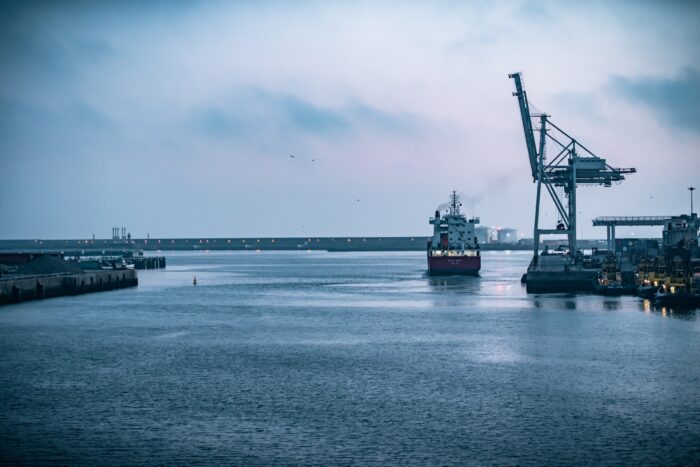
It is not surprising that the management of ocean-going vessels can be fraught with great uncertainty. In the face of stringent regulations, an unpredictable economic climate and uncertain technological uncertainty, the maritime industry is being currently confronted with a formidable generational challenge – how to go green and implement more environmentally sustainable processes and practices. Energy management may be the spark that ignites change across the sector.
For millennia, ocean-going ships have played a significant role in the global economy. However, in the past decade, the maritime industry has undergone a significant transformation from smaller boats to larger vessels such as cargo ships. This need to innovate, evolve and meet consumer demands have driven an increasing reliance on high-carbon fossil fuels, resulting in a sustainability crisis for the sector.
At the moment, onboard energy systems and electricity usage make up the bulk of the solutions used to combat emissions. As the marine industry searches for more sustainable procedures and practises both at sea and at ports, the answer may be found in the implantation of modern energy management.











